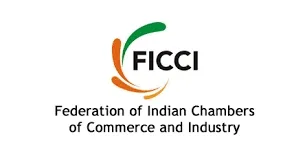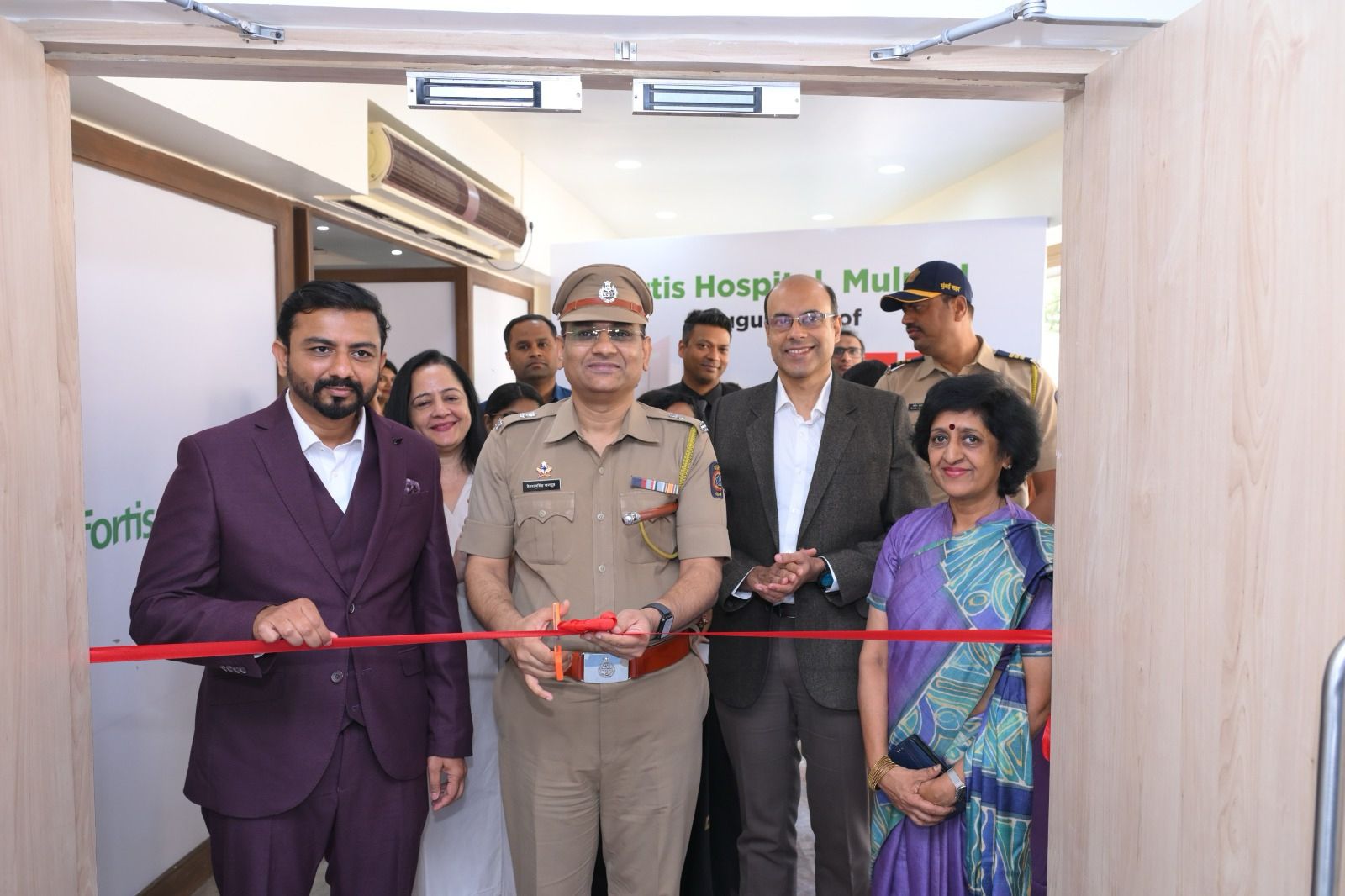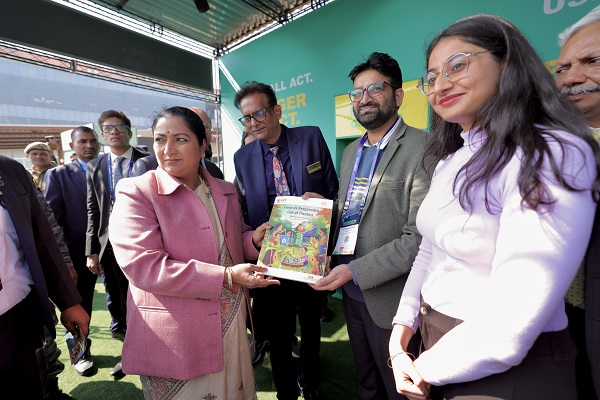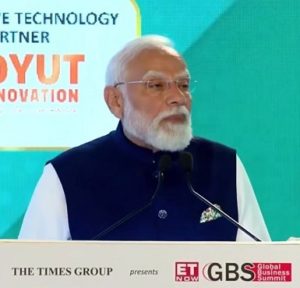
Last Updated on October 28, 2025 9:12 pm by BIZNAMA NEWS
R. Suryamurthy
The Federation of Indian Chambers of Commerce and Industry (FICCI) has called on the government to use the upcoming Union Budget 2026–27 to streamline tax administration, reduce compliance burdens, and bring clarity to several contentious provisions in the new Income Tax Act, 2025.
In a detailed memorandum submitted during a pre-Budget consultation with the Revenue Secretary, FICCI urged urgent steps to clear the massive backlog of appeals before the Commissioner of Income Tax (Appeals), overhaul the faceless appeals process, rationalise tax deduction at source (TDS) rates, and ensure tax neutrality for corporate restructurings such as fast-track demergers.
Massive Pendency before CIT(A)
The industry body flagged that over 5.4 lakh tax appeals involving ₹18.16 lakh crore remain pending before CIT(A) as of April 2025, a situation worsened since the introduction of the faceless appeal system during the pandemic. FICCI noted that technical bottlenecks, limited hearings, and unclear accountability between assessing officers and faceless units have compounded delays.
FICCI proposed filling 40% vacancies at the CIT(A) level and introducing a dual-track disposal system—fast-track for small cases and a detailed route for high-value or complex ones. It also recommended mandatory timelines, automatic approval for virtual hearing requests, and temporary stay of demand if appeals remain unresolved for over two years.
Reform Stay Provisions to Ease Cash Flow
On litigation-related demands, FICCI sought rationalisation of the rule requiring taxpayers to deposit 20% of disputed demand to secure a stay on recovery. It urged that taxpayers be allowed to furnish bank guarantees or indemnities instead of cash deposits to ease working capital strain—an approach adopted by the Australian Tax Office. It also called for real-time digital integration between tax officers and the Central Processing Centre (CPC) to prevent automatic refund adjustments against stayed demands.
Tax Neutrality for Fast-Track Demergers
FICCI recommended amending the Income Tax Act, 2025 to extend tax neutrality to fast-track demergers under Section 233 of the Companies Act, 2013. Currently, such demergers—designed to simplify intra-group restructuring—lack explicit tax exemption since they bypass the National Company Law Tribunal (NCLT) process.
The chamber argued that denying tax neutrality “defeats the very purpose of introducing the fast-track route” for small and intra-group companies and urged the Finance Ministry to align the provision with the broader ease of doing business agenda.
Simplify TDS Compliance
Highlighting the proliferation of TDS provisions, FICCI pointed out that there are 37 different TDS categories with rates ranging from 0.1% to 30%, creating confusion and compliance cost. It proposed that the government move to a three-tier structure—TDS at slab rate for salaries, maximum marginal rate for gaming and lotteries, and two standard rates for other payments.
It also suggested exempting B2B payments under GST from TDS, arguing that such transactions are already tracked through Form 26AS and AIS, while TDS on goods at 0.1% yields negligible revenue but adds significant burden.
Certainty for Foreign OEMs in Manufacturing
With India pushing to become a global electronics manufacturing hub, FICCI called for clarity to ensure foreign original equipment manufacturers (OEMs) do not attract tax liability merely for storing components or deploying machinery in India for just-in-time production.
It urged an amendment to Section 9 of the new Act to explicitly exempt such storage or deployment from constituting a “business connection” for non-residents—a move that would remove ambiguity and encourage technology transfer to Indian contract manufacturers.
Restore Original Transfer Pricing Definition
FICCI also raised concerns over the new definition of Associated Enterprises (AEs) under Section 162 of the 2025 Act, warning that it could bring unrelated parties—like lenders or independent manufacturers—under transfer pricing scrutiny. The body asked the government to restore the definition from the 1961 Act to preserve policy continuity and avoid “unwarranted litigation.”
Revisit Buyback Taxation Rules
On corporate taxation, FICCI described the post-2024 buyback regime as “anomalous,” as it taxes all buyback proceeds as dividends, even when funded through share premium or fresh capital issues. It urged parity between buybacks and capital reduction, suggesting taxation only on the “income component” as done in countries such as the UK and Australia. It also sought a CBDT circular clarifying treaty treatment to avoid disputes with foreign investors.
Customs Reforms: Ease and Transparency
In the indirect tax domain, FICCI proposed:
• Setting up additional Customs Authority for Advance Rulings (CAAR) offices in southern and eastern India to reduce pendency and improve accessibility.
• Allowing self-declared extensions of rulings beyond the current three-year validity.
• Granting AEO (Authorised Economic Operator) status to newly incorporated firms of already accredited groups, subject to due checks.
• Creating a centralised, real-time database of Customs trade notices to ensure uniformity across ports.
Big Picture
FICCI’s recommendations collectively stress faster dispute resolution, simplified compliance, and policy certainty. The chamber said these measures will help unlock taxpayer liquidity, improve India’s attractiveness for investment, and reinforce the government’s “ease of doing business” narrative ahead of the 2026–27 Budget.







